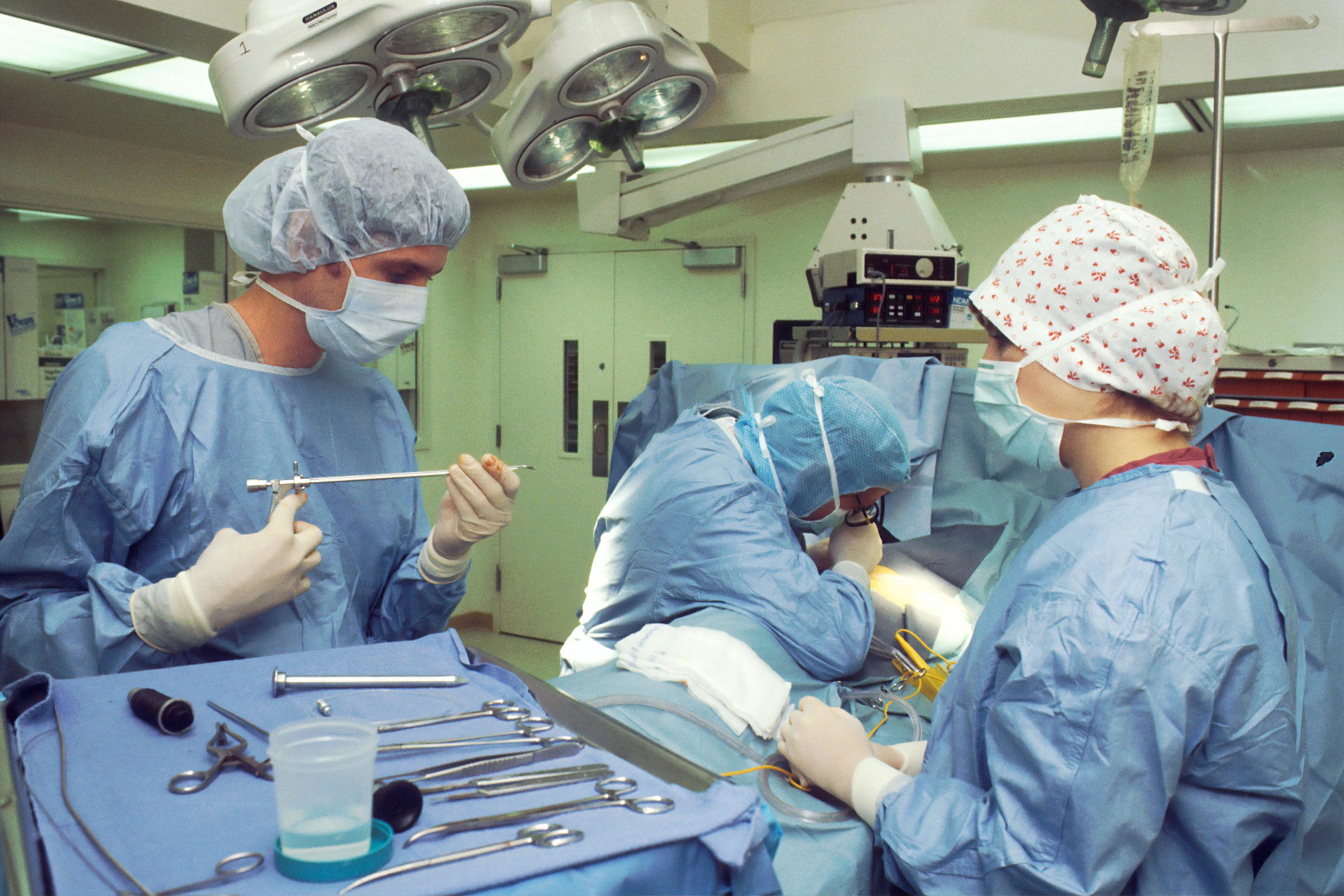In-vitro fertilization (IVF) is a popular method for couples trying to conceive. However, research has shown that there may be a link between IVF and growth hormone and its effects on the endometrium. This blog will explore the link between IVF and growth hormone, its effects on the endometrium, and how to minimize these effects. It is essential for couples to understand these effects and to discuss them with a qualified medical professional before starting IVF treatment.
The Role Of Growth Hormone In IVF
Growth hormone plays an important role in the ovary, and it helps in the development of follicles and the ovulation process. In IVF, growth hormone stimulates the ovaries to produce more eggs. However, excessive growth hormone can lead to poor endometrial response and affect implantation. It is important to monitor growth hormone levels during IVF treatment to ensure they are within a normal range.
Endometrial Effects Of Growth Hormone In IVF
Growth hormone has a direct effect on the endometrium. It thickens the endometrium lining, which is necessary to implant the fertilized egg. However, excessive growth hormone can lead to a thickened endometrium lining that may be hostile to implantation. This is why monitoring the endometrial response during IVF treatment is important.
Egg Donation And IVF
Egg donation is another option for women concerned about the endometrial effects of growth hormones. It is a process in which a woman donates her eggs to another woman who cannot conceive using her eggs. The donated eggs can be used for all types of IVF treatments. It may be necessary for women who have reached menopause or have genetic disorders that make their eggs unsuitable for fertilization. Finding a reputable IVF clinic in Noida that follows strict guidelines and has a high success rate is important.
Best IVF Doctor In Noida
When looking for the best IVF doctor in Noida, it is important to consider their qualifications, experience, and success rates. It is also important to find a doctor you feel comfortable with and who is willing to work with you to find the best treatment plan for your individual needs. You can search online for a specialist in your area, check the American Society for Reproductive Medicine (ASRM) website, or the Society for Assisted Reproductive Technology (SART) website for a list of qualified specialists in your area.
Conclusion
IVF can be an effective method for couples trying to conceive. However, research has shown that there may be a link between IVF and growth hormone and its effects on the endometrium. It is essential for couples to understand these effects and to discuss them with a qualified medical professional before starting IVF treatment. By monitoring growth hormone levels and the endometrial response during treatment and considering options such as egg donation, couples can minimize the endometrial effects of growth hormone and increase their chances of a successful pregnancy. It is important to find a reputable egg donation center in Noida and the best IVF doctor in Noida who can guide you through the process and provide you with the best treatment plan for your individual needs.
Frequently Asked Questions
Q: Can I Still Have A Successful IVF If I Have A Poor Endometrial Response?
A: Yes, it is still possible to have a successful IVF even if you have a poor endometrial response. However, discussing this with your IVF doctor and considering other options, such as egg donation, is important.
Q: How Can I Minimize The Endometrial Effects Of Growth Hormone During IVF?
A: To minimize the endometrial effects of growth hormone during IVF, it is important to monitor growth hormone levels and endometrial response during the treatment and to consider other options, such as egg donation, if necessary.
Q: Can I Still Conceive If I Have A History Of Poor Endometrial Response?
A: Yes, you can still conceive if you have a history of poor endometrial response. It is important to discuss this with your IVF doctor and to consider other options, such as egg donation.
Q: Will My IVF Treatment Be Different If I Choose Egg Donation?
A: The IVF treatment process may be slightly different if you choose egg donation, as fertilization will be done using the donated eggs rather than your own. However, the overall process and steps of IVF remain the same. Your IVF doctor will be able to explain the specific differences and how they will affect your treatment plan.
Q: Does Insurance Cover Egg Donations?
A: Coverage for egg donation varies depending on the insurance plan and the laws of the state where you live. It is important to check with your insurance provider to see if egg donation is covered under your plan. You may have to pay for the procedure out of pocket if it is not covered. Your IVF doctor’s office should be able to provide you with more information on the costs involved and any financing options available.




